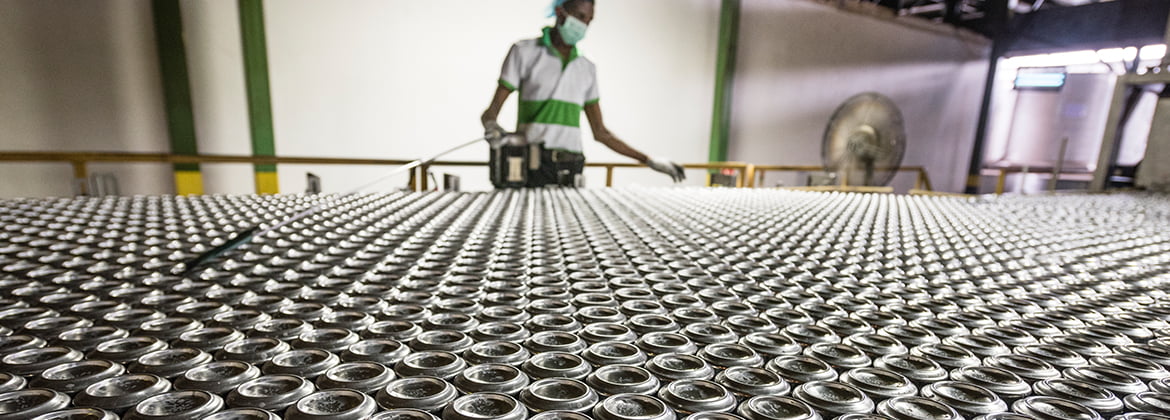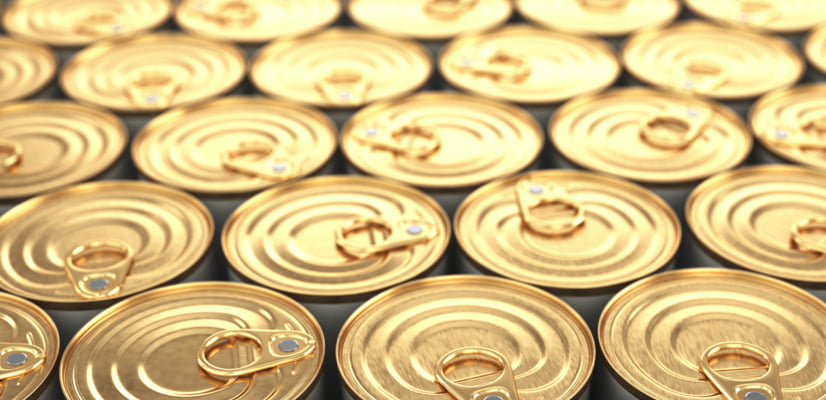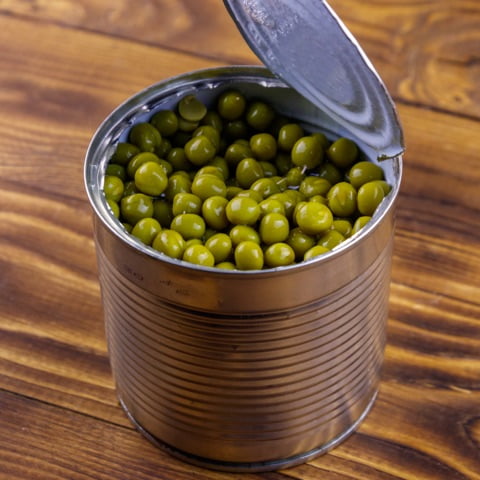Committing to Product Quality and Safety
Our customers, and our customers’ customers, demand products that are high in quality, safe and sustainable—and so do we. That is why we have built an integrated, global manufacturing approach designed to ensure high quality and reduce our impact on the environment.
To underpin our approach, we place great emphasis on forming collaborative relationships with customers and suppliers, offering our team as a resource for technical support, troubleshooting and ongoing consultation to address challenges and resolve issues from the outset. For example:
- Our technical and process audit programs address seaming, pasteurization, hygiene and can handling to help customers improve safety standards, reduce spoilage and enhance line performance.
- Our fully equipped pilot facilities let production processes or new product packaging be carefully tested and fine-tuned before launch, saving brand owners both time and money.
- Our extensive Food Hall enables us to replicate our customers’ filling and processing conditions, streamlining new product development timelines and ensuring food safety.
- Our Customer Technical Service team is composed of food scientists, design engineers, chemical engineers and microbiologists, giving us a deep understanding of the food and beverage processing and packaging industries. With longstanding expertise across the industry, we can help improve our customers’ processes, evaluate new technologies, optimize solutions and provide guidance on operation and implementation.


